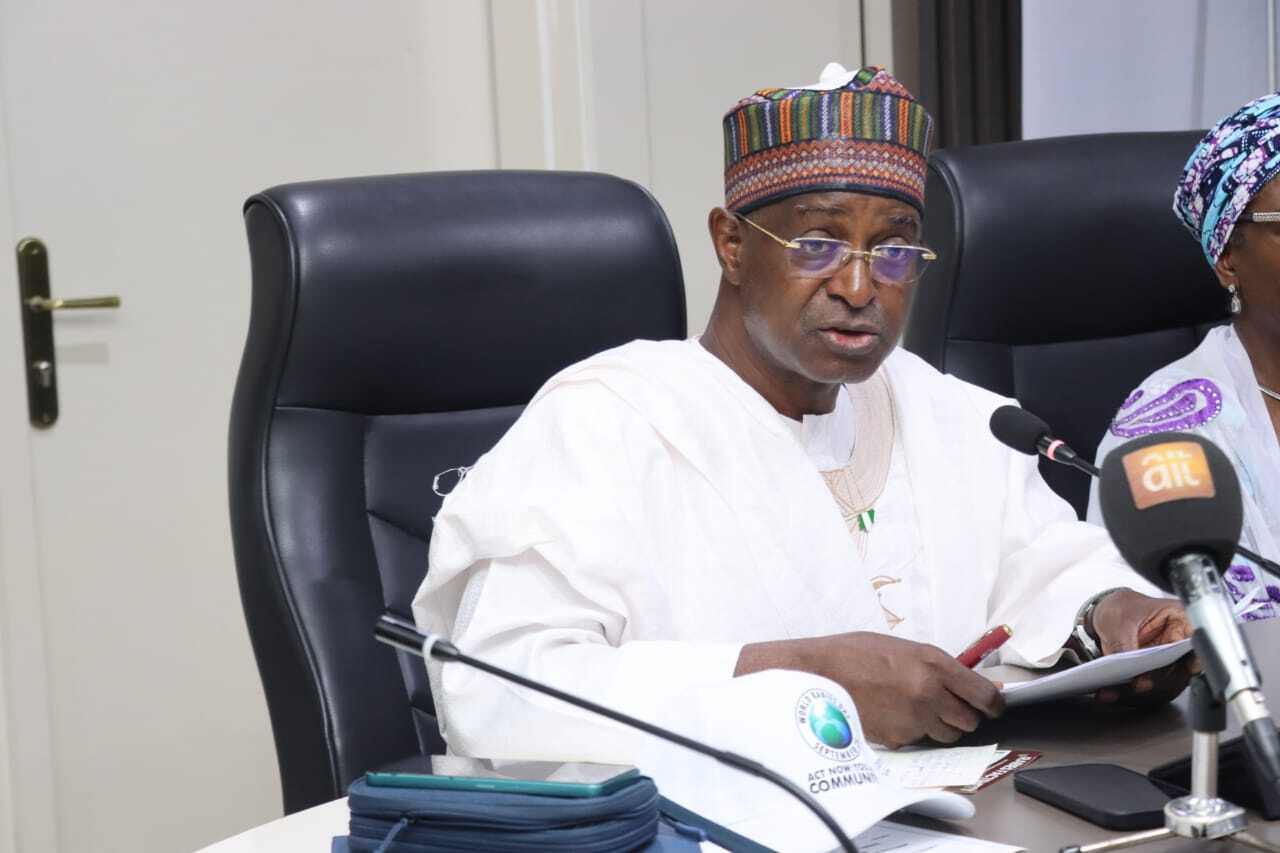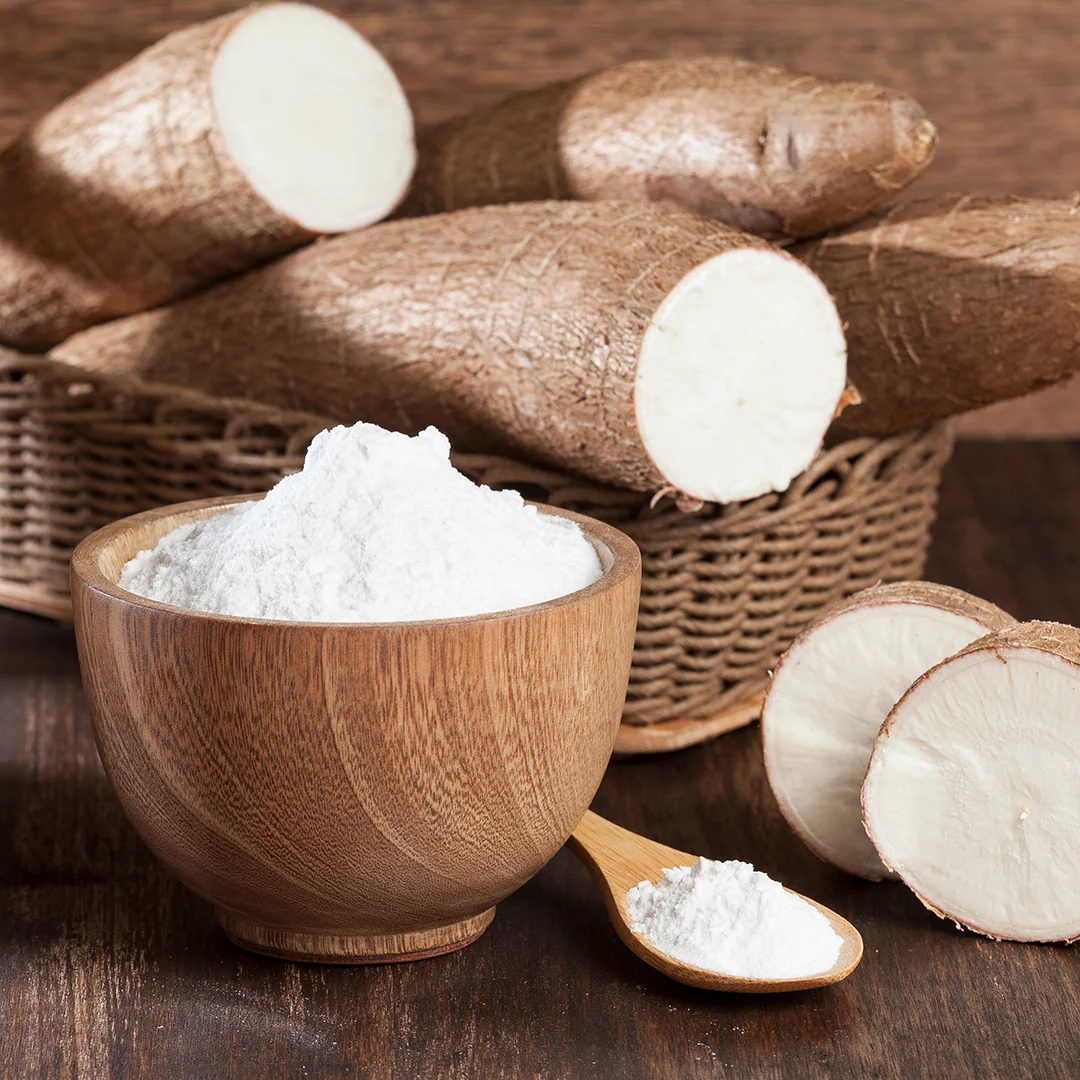
Cowpea farmers, who have been enduring inevitable yield losses, due to the effect of pest-Maruca Vitrata, which perennially damages farms, may soon have cause to smile, as researchers are developing a Pod-borer resistant cowpea project to help eight million African farmers.
Considered as the most important food grain legume in the dry savannas of tropical Africa, where it is grown on more than 12.5 million hectares, Cowpea (Vigna unguiculata L. Walp), popularly called Beans in Nigeria, is rich in quality protein and its energy content almost equal to that of cereal grains. The legume is a good source of quality fodder for livestock and provides cash income. Nearly 200 million people in Africa consume the crop.
However, many biotic and abiotic factors greatly reduce its productivity in the traditional African farming systems. Among these constraints is the pod borer, which damages cowpea pods in the fields.
The Maruca vitrata is a major Lepidopteran pest that inflicts severe damage to the cowpea plant. In severe infestations, yield losses of between 70 to 80 per cent have been reported. Control through spraying with insecticide has not been widely adopted by farmers due its prohibitive costs. On the other hand, farmers who have adopted control through spraying have been exposed to serious health hazards.
With the development, farmers will have access to improved cowpea varieties that will lead to increase in yield. These varieties are expected to reduce grain yield losses caused by the Pod borer, as well as, reduce the need for insecticidal sprays. The expected yield improvement will impact household, national and global food security and the country’s economic status.
The goal of the Pod-borer Resistant Cowpea Project is to develop and disseminate farmer-preferred and locally adapted Maruca-resistant cowpea varieties in Sub-Saharan Africa.
The Pod-borer Resistant Cowpea Project is a public private partnership coordinated by African Agricultural Technology Foundation (AATF), with the funding support from the United States Agency for International Development (USAID) to promote technological interventions that will optimise cowpea productivity and utilisation in Sub-Saharan Africa.
The partnership entails developing and testing cowpea varieties with a genetic trait that would make the plant resistant to the borer and provide farmers with an alternative to costly and hazardous insecticide spraying.
The project entails transferring the Bt gene, which confers resistance to the pod, into improved cowpea varieties.
The Executive Director, AATF, Dr. Dennis Kyetere, who disclosed this recently, during the annual review and work planning meeting at the International Institute of Tropical Agriculture (IITA), Ibadan, said the deployment of a cowpea product that is capable of protecting itself from attack by Maruca will make it easier and cheaper for farmers to produce cowpeas in areas where this pest is a problem.
“I am particularly excited about the prospects that the project holds given the excellent results from the trial fields across the four countries involved in this research, countries like Nigeria will stop importing cowpeas in the coming years, as it is expected to be cowpea sufficient with the advent of this variety with the development of Maruca Resistant Cowpeas.”
The project is being implemented in four countries in Sub-Saharan Africa-Nigeria, Burkina Faso, Ghana and Malawi. So far, several Confined Field Trials, (CFT) have been conducted annually in Nigeria, since 2009; Burkina Faso since 2011; and Ghana since 2013. Efficacy and agronomic potential of the genes have been successfully evaluated.
The Pod borer resistant trait has been introgressed into some farmer preferred cowpea varieties through conventional breeding and the efficacy of the trait has been evaluated in multi-location CFTs in Nigeria, Burkina Faso and Ghana. In line with regulatory requirements, farmers in Nigeria across three locations were involved in the evaluation of the cowpea seeds. In addition, various environmental and food/feed safety assessments have been conducted and the product is speedily advancing towards de-regulation and commercial release to millions of resource-poor farmers in Africa.





